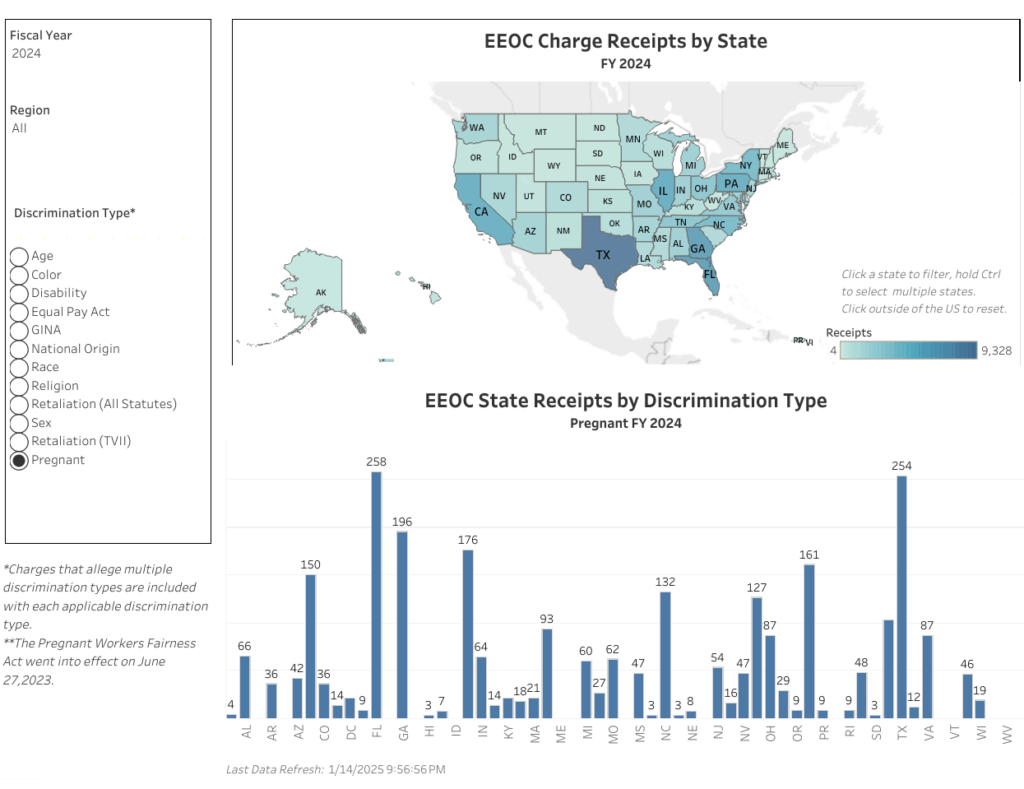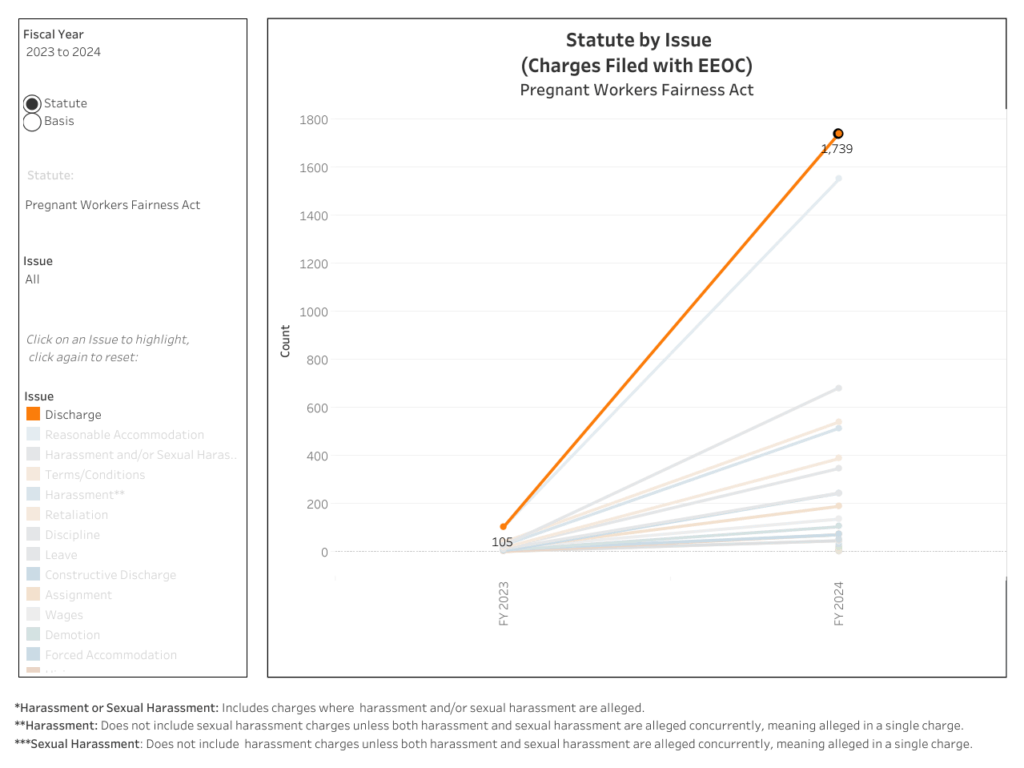Understanding Reasonable Accommodations Under the ADA
In today’s workplace, the challenges facing employees extend far beyond deadlines and deliverables. For countless Americans, the journey back to work after a life-altering event—such as cancer treatment, major surgery, or trauma from violence—carries both visible and invisible burdens. The Americans with Disabilities Act (ADA) stands as a vital safeguard for these individuals, promising equal opportunity by requiring employers to provide reasonable accommodations. Yet, time and again, too many workers find themselves confronting barriers their employers are legally obligated to remove.
Consider Maria, a dedicated professional in her mid-forties, who is navigating chemotherapy for breast cancer. Her treatment leaves her drained and susceptible to infection, making a flexible work schedule and remote work critical for her health and productivity. Despite her physician’s recommendations, she is met with resistance, her requests for adjusted hours left unanswered by management.
Or take James, who is steadily recovering from open heart surgery. He requires frequent medical check-ups and a phased return to strenuous tasks. For him, a temporary light-duty assignment is not a privilege; it’s a necessity prescribed by his doctor. But the absence of a clear accommodation plan leaves him uncertain whether compliance is valued more than his well-being.
Then there’s Elyse, bearing invisible wounds months after surviving a violent crime. Her anxiety surges in crowded offices and during emergency drills. She requests a quieter workspace and extra breaks to consult her therapist. Instead of support, she receives skepticism, her needs dismissed as personal—rather than occupational—concerns.
These examples are not anomalies; they are emblematic of the urgent, real-life scenarios that trigger the protections of the ADA. Behind every request for accommodation is a story of resilience, and too often, an uphill battle for basic fairness.
When Employers Fail to Accommodate
The impacts of denial—or even delay—can be devastating. For Maria, losing energy battling bureaucracy means less energy for her actual recovery. When James finds his return-to-work plan left unanswered, he faces not only uncertainty but the risk of compromising his fragile health. For Elyse, being denied a supportive environment compounds her trauma, sending a message that her suffering is invisible.
Each scenario highlights an uncomfortable truth: despite federal law and EEOC enforcement, employees continue to face emotional—and sometimes medical—setbacks due to employer inaction. The Equal Employment Opportunity Commission has intervened in countless cases, holding organizations accountable for failing to provide accommodations, as documented by recent legal actions. The consequences are real, the stakes personal.
A Practical Guide for Employees: How to Request Reasonable Accommodations
When navigating these situations, the responsibility to advocate for accommodations often falls on individuals already facing significant personal hardships. The following steps—grounded in the reality of workplace struggles—offer a direction forward:
1. Understand the Basis for Your Request
- The ADA covers disabilities that limit major life activities—including medical conditions like cancer, heart disease, or severe anxiety. If you are unsure, consult your healthcare provider to determine how your condition affects your work.
2. Gather Documentation
- Obtain supporting documents from your doctor. For Maria, a note specifying the need for flexible work arrangements during chemotherapy. For James, physical work restrictions following surgery. For Elyse, a therapist’s recommendation for breaks and a modified environment.
3. Make a Clear, Specific Request
- Notify your employer—formally or informally—about the accommodation you need. Outline the connection between your medical need and your job duties. Precision is key: remote work, flexible hours, reduced workloads, or a private space.
4. Engage in Good-Faith Dialogue
- Federal law requires a two-way conversation. Come prepared to discuss your needs and listen to any operational limitations your employer describes. If you’re Maria, explain how remote work ensures both your safety and continued contribution. If you’re James, detail the tasks that are currently off-limits and when you hope to resume full duties.
5. Keep Records
- Retain all communications, written and verbal. If your request is verbal, follow up with an email. For Elyse, a personal record of her efforts can become evidence if she needs to escalate concerns.
6. Follow Up with Persistence
- If accommodations aren’t implemented or delays persist, ask for updates and timelines. Remain professional but assertive; your health and livelihood may depend on it.
7. Know When to Seek Outside Help
- Should your employer refuse reasonable accommodations or retaliate, seek guidance from the EEOC or a legal professional experienced with ADA rights. Do not wait until your health or well-being is endangered to act.
The Critical Role of Open Dialogue
Employees and employers alike are challenged to step into each other’s shoes. Maria’s exhaustion is real, but so are an employer’s business needs. The ADA’s interactive process is designed to bridge this gap—requiring transparency, negotiation, and empathy on both sides. When one party falls short, the process breaks down, and lives are directly impacted.
The juxtaposition is stark: a supportive response to James’s phased return empowers him to heal and reengage. In contrast, denial or delay not only risks his health but threatens to erode trust across the workplace.
When Legal Intervention Becomes Necessary
There are moments when advocacy within the workplace isn’t enough—when self-advocacy meets a wall of indifference or outright resistance. In these moments, the legal system offers recourse. Consulting an attorney or speaking to the EEOC isn’t just about individual vindication; it holds organizations accountable for upholding both the letter and the spirit of the law.
Our firm has seen firsthand the mounting emotional and financial toll when requests for accommodation are disregarded. We’ve also witnessed what’s possible when someone like Maria, James, or Elyse asserts their rights and receives the support they deserve.
The right to reasonable accommodation under the ADA is more than a legal obligation; it is a lifeline and a validation of dignity for those recovering from illness, enduring trauma, or living with chronic conditions. When faced with resistance, remember—behind every statistic is a story. By taking action, seeking support, or consulting legal counsel, you are not only advocating for yourself but establishing a precedent for workplaces everywhere.
If you recognize yourself or a loved one in Maria, James, or Elyse, know this: the law is on your side, and help is within reach. Empowerment begins with understanding your rights—and demanding they be respected.





